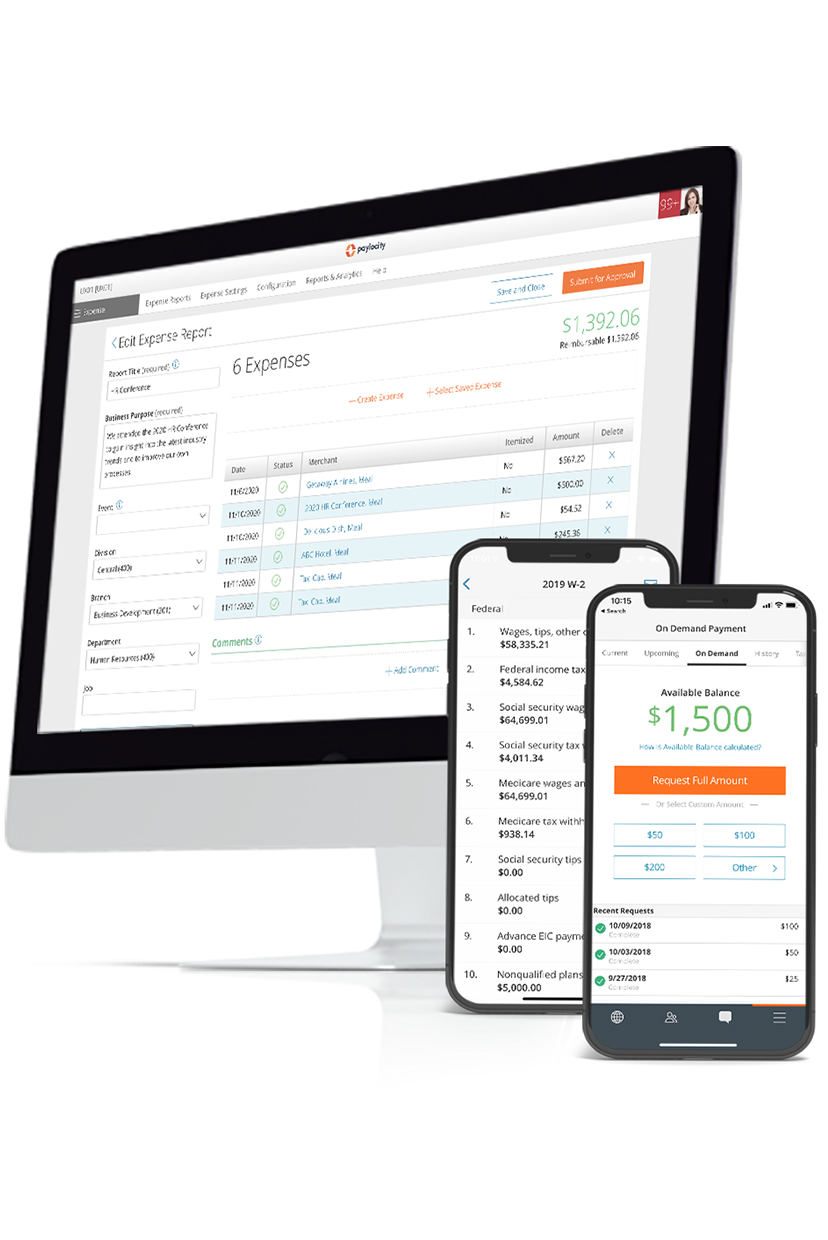Off-Cycle Payroll
Summary Definition: A process in which employees are paid outside the normal payroll schedule, often to pay extra compensation or correct an error.
What is Off-Cycle Payroll?
Off-cycle payroll is when a company issues paychecks to employees on an ad hoc basis instead of waiting until the scheduled "payday."
Some companies wait until the regular payroll runs to add extra bonuses or reimbursements, but an off-cycle system allows employees to be paid as soon as the money is earned or requested.
Businesses with seasonal or freelance workers, or whose employees work irregular hours, often find this advantageous. Having a flexible payroll system can also help retain and attract talent.
Reasons for Off-Cycle Payroll
- To compensate for a missed pay deadline
- To rectify a mistake from a previous payroll
- To make additional payments on top of salary
- To reimburse business expenses
- To pay severance to someone who leaves the company during a pay period
- To adjust salary mid-cycle due to a role change
- To pay an employee an advance on their wages.
Key Takeaways
- Off-cycle payroll is making unscheduled payments to employees outside regular pay periods.
- This may be done to award a one-time bonus, reimburse business expenses, or help an employee facing financial hardship.
- The tax implications of off-cycle payroll must be understood to avoid compliance issues.
What is an Off-Cycle Payment?
Off-cycle payroll payments are any payments made to employees outside the scheduled pay period. The paycheck typically shows this payment only, excluding benefit contributions.
Types of Off-Cycle Payments
A one-off bonus may be paid to reward a top performer or as an incentive for referring a new customer. Off-cycle pay can also cover overtime and sales commissions. Workers who quit or are made redundant during a pay period may receive severance pay outside the normal cycle.
If an employee incurs out-of-pocket expenses for business activities, they can be reimbursed immediately so they don’t have to wait until payday. An employer may also agree to release a proportion of an employee’s earnings as an advance payment.
Off-Cycle Payroll Tax
Unlike a regular payroll schedule, off-cycle payments can make it harder to comply with tax regulations.
Businesses must understand the off-cycle payroll tax implications and withhold the correct amounts. Modern payroll software with off-cycle features can help a company make accurate payroll deductions.
How Long Does Off-Cycle Payroll Take?
A key difference between on-cycle and off-cycle payroll is that the latter is more complex to administer.
Off-cycle payroll processing time varies based on payroll adjustments, provider policies, and organizational needs, typically ranging from one day to over a week.
Preparation can take a few hours to days, while payroll providers might process payments within 24 to 48 hours. Bank processing may add time for funds to be available to employees.

Save Time with Stress-Free Payroll Solutions
Payroll doesn’t have to be complicated, but it does have to be right. Stay compliant, collect employee data, and streamline tax filing – all while putting time back in your day with our automated payroll software. With the assurance of an error-free workflow, you can get back to what matters most – your people. Learn how our modern solutions get you out of the tactical and back to focusing on the bigger picture.